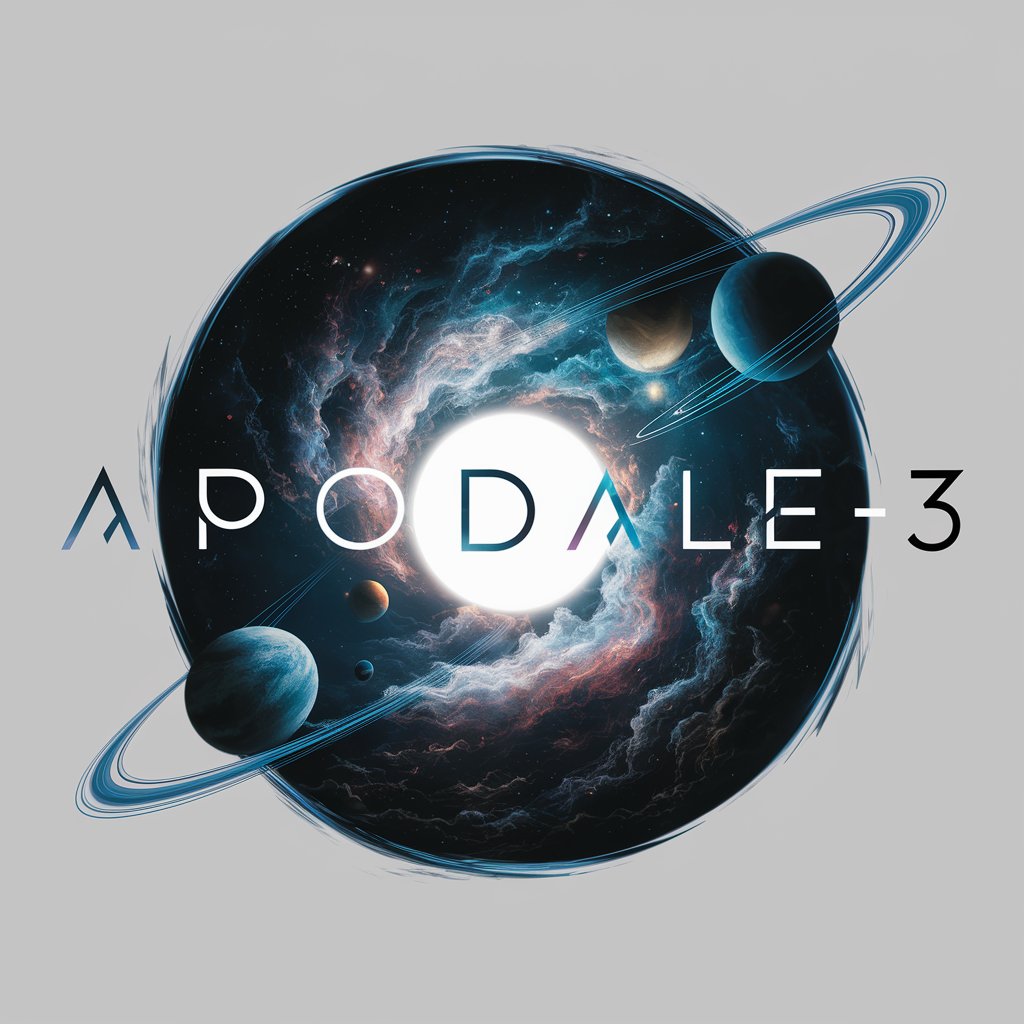
Quotes.haus - Quote Author Identification

Welcome to Quotes.haus, your gateway to the world's wisdom.
Discover, Compare, and Analyze Quotes
Find the author of this quote:
Show me how this quote is written in other languages:
Can you explain the meaning behind this quote:
Compare this quote with its translation:
Get Embed Code
Introduction to Quotes.haus
Quotes.haus is a specialized digital tool designed to provide users with comprehensive insights into quotes, their authors, and their meanings across different languages. It is engineered to serve as a bridge between the timeless wisdom encapsulated in quotes and the modern user's quest for understanding and linguistic exploration. By inputting a quote, users can discover the author, see a thematic image, receive an interpretation, and view the quote in various languages. This is exemplified in scenarios where a user might come across a quote that resonates with them but lacks context about its origins or seeks to explore its global impact by seeing how it is expressed in different cultures. Powered by ChatGPT-4o。

Main Functions of Quotes.haus
Author Identification
Example
If a user inputs the quote 'To be, or not to be, that is the question,' Quotes.haus will identify William Shakespeare as the author.
Scenario
Useful for users who come across quotes in reading or conversation without attribution, providing them with the opportunity to credit the author and explore more of their work.
Thematic Image Presentation
Example
Upon identifying Shakespeare as the author of the provided quote, Quotes.haus will display a chiaroscuro image of Shakespeare, emphasizing the dramatic nature of his work.
Scenario
Helps in visually connecting users with the quote's author, enhancing the emotional and intellectual engagement with the quote.
Interpretation Provision
Example
Quotes.haus offers a brief interpretation of 'To be, or not to be,' highlighting its exploration of existence and the human condition.
Scenario
Aids users in understanding complex quotes, fostering deeper reflection and discussion on their meanings.
Multilingual Display
Example
Shows how the quote is expressed in five different languages, facilitating a global perspective on its interpretation.
Scenario
Engages users interested in language and cultural studies, providing insights into how quotes resonate across different cultures.
Linguistic Comparison
Example
If a user selects a translated version of the quote, Quotes.haus performs a linguistic comparison, elucidating the nuances between the original and selected translation.
Scenario
Beneficial for language learners and scholars, enhancing their understanding of translation practices and cultural nuances.
Ideal Users of Quotes.haus
Literature Enthusiasts
Individuals with a passion for literature and classic writings will find Quotes.haus invaluable for discovering and understanding quotes within a broader literary context.
Language Learners
Those studying languages can use Quotes.haus to explore how quotes are interpreted and expressed in different languages, aiding in their linguistic and cultural education.
Educators and Students
Teachers and students in humanities can leverage Quotes.haus as a resource for teaching and learning about famous quotes, their authors, and their impact on culture and society.
Writers and Speakers
Professionals who require precise and impactful language for their work will appreciate the ability to reference and understand quotes and their origins for use in speeches, writing, and presentations.

How to Use Quotes.haus
Begin with YesChat.ai
Start by visiting yeschat.ai for a seamless trial experience without the need for logging in or subscribing to ChatGPT Plus.
Input Your Quote
Enter the quote you're interested in analyzing or finding more about directly into the chat interface.
Explore Translations
After receiving the quote's analysis and author information, use the provided translations in different languages to see global interpretations.
Request a Linguistic Comparison
Select a number corresponding to a translation for a detailed linguistic comparison with the original quote you provided.
Utilize Feedback for Learning
Leverage the linguistic insights and interpretations offered by Quotes.haus to deepen your understanding or enhance your project.
Try other advanced and practical GPTs
Hacking Hour
Empowering cybersecurity with AI-driven insights.

APODALLE-3
Turning space visuals into art with AI.

Sales Generator
Elevate sales with AI-driven personalization.

Reply Wizard
Empathetic AI for Meaningful Conversations

Painting Generator
Turn your words into visual art.

Limitless AI
Empowering Creativity with Quantum AI

Rewriter GPT
Revolutionizing Rewriting with AI Power

TripTales Live
Craft Your Journey, Unleash Your Story

Success Social
Empowering connections with AI

Compassionate Guanyin
Empowering wisdom with AI compassion.

Newsy McNewsface
Bringing News to Life with AI-powered Satire

Bet Prodigy
Empowering Your Bets with AI

Frequently Asked Questions about Quotes.haus
What does Quotes.haus do?
Quotes.haus identifies the author of a provided quote, generates a chiaroscuro image of the author, offers a brief interpretation of the quote, and presents the quote's translations in five different languages.
Can Quotes.haus translate my quote into other languages?
Instead of translating, Quotes.haus finds the most common way the quote is expressed in five different languages, based on existing internet resources.
How can I compare the original quote with its translations?
After viewing the translations, you can select a number representing one of them for a linguistic comparison to determine if the original quote and the selected translation convey the same idea.
Is Quotes.haus suitable for academic purposes?
Yes, Quotes.haus can be used for academic writing, research, and analysis by providing authoritative insights into quotes and their global interpretations.
How does Quotes.haus handle different interpretations of the same quote?
Quotes.haus aims to present the most common expression of a quote in various languages, highlighting the nuanced ways in which the same idea can be conveyed across cultures.